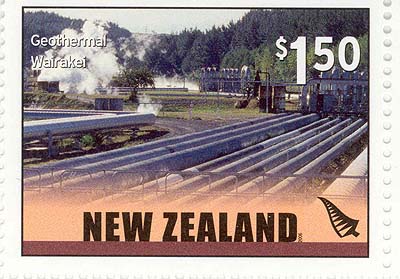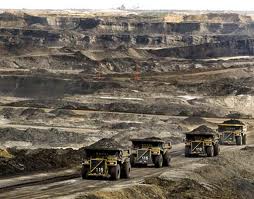 “A gradual contraction into more sustainable patterns of resource use is not the norm for a society that is exploiting the environment. The norm is a last-ditch effort to maintain outward displays of power, and then a sudden, and dramatic, collapse.” That’s one of the foreboding statements with which Steve Hallett and John Wright punctuate their preview of past civilisations in the opening section of their book Life Without Oil: Why We Must Shift to a New Energy Future.
“A gradual contraction into more sustainable patterns of resource use is not the norm for a society that is exploiting the environment. The norm is a last-ditch effort to maintain outward displays of power, and then a sudden, and dramatic, collapse.” That’s one of the foreboding statements with which Steve Hallett and John Wright punctuate their preview of past civilisations in the opening section of their book Life Without Oil: Why We Must Shift to a New Energy Future.
They consider we are at the peak of oil production and that we’re not facing that reality. There are late flurries to extend the discovery of further oil. Deep sea drilling, the exploitation of the Alberta tar sands and oil shale extraction are among them, the latter two causing horrendous environmental damage. But all they will produce is a temporary delay of the decline. The authors judge that around 2015 oil production will show a clear and convincing decline, and the world will be at the beginning of the end of what they call the petroleum interval. It’s an interval that will have occupied a couple of centuries in the long history of humanity. Oil has enabled the construction of a monumental global civilisation in which we have become dependent on the increased productivity and efficiencies of scale it can provide. As it diminishes and disappears we require an energy transition which the book considers we are not geared to make in good time. We therefore face a long global economic contraction as the price of oil escalates, a sequence of economic slumps which will continue until fundamental problems of energy availability, food production, water supply and population control are sufficiently well corrected.
Continue reading “Life Without Oil”
Like this:
Like Loading...
 From a climate change perspective the New Zealand Energy Strategy 2011-2016 is hopelessly compromised by its determination to exploit all the oil and gas that can be found, including deep sea methane hydrates. Take a look at this extract, the second paragraph in the strategy document:
From a climate change perspective the New Zealand Energy Strategy 2011-2016 is hopelessly compromised by its determination to exploit all the oil and gas that can be found, including deep sea methane hydrates. Take a look at this extract, the second paragraph in the strategy document:
 In a rational world the notion that Canadian tar sands oil is ‘ethical’ by comparison with oil from many other sources would be laughable. But I
In a rational world the notion that Canadian tar sands oil is ‘ethical’ by comparison with oil from many other sources would be laughable. But I  Pursuing the last drop of oil should not be on the agenda of any country which takes climate change seriously. That’s why I applaud the Greenpeace and Te Whanau a Apanui action in endeavouring – successfully for a time – to stop the Petrobas seismic testing vessel off the East Cape. Potential danger to the marine environment is one of the reasons for the protest, and in the thinking of Greenpeace climate change is the other. The action is part of their longer term campaign against new oil and coal development in favour of a clear orientation to the clean technology which would show New Zealand was serious about moving to a low-carbon world.
Pursuing the last drop of oil should not be on the agenda of any country which takes climate change seriously. That’s why I applaud the Greenpeace and Te Whanau a Apanui action in endeavouring – successfully for a time – to stop the Petrobas seismic testing vessel off the East Cape. Potential danger to the marine environment is one of the reasons for the protest, and in the thinking of Greenpeace climate change is the other. The action is part of their longer term campaign against new oil and coal development in favour of a clear orientation to the clean technology which would show New Zealand was serious about moving to a low-carbon world.  “We are committed to developing deepwater energy supplies offshore.†Those blunt words from the US Administration were put to oceanographer Sylvia Earle by Stephen Sackur late in a captivating
“We are committed to developing deepwater energy supplies offshore.†Those blunt words from the US Administration were put to oceanographer Sylvia Earle by Stephen Sackur late in a captivating